
Kevin Rojas’s day starts before 6am while he is getting ready to go to work. He lifts boxes in a warehouse for eight hours straight, without a lunch break. His training, which officially starts at 2pm, really starts much earlier than scheduled.
Kevin is 21 years old and he’s a weight lifter. He also works in a warehouse and studies at Santa Cruz Night High School.
In two-and-a-half years of practicing the sport, he’s placed his native Guanacaste in high regard at international competitions as a member of the national weightlifting team. Last year, for example, he won a bronze medal in the Central American Championship in Guatemala and he currently holds a scholarship from the Olympic Committee.
Besides being the institution where he works, the Costa Rica Firefighters is an ally that made possible Gabriel Barrantes’s trip to the world final in Holland.
Guanacaste is a cradle of outstanding athletes with a high levels of athleticism, but also a series of difficulties. The anonymity they face makes it hard for them to find resources to perform and improve in their sports.
Génova Arias, a 25-year-old Nicoyan athlete who competes on the national athletics team, knows what it takes to win gold and break national and international records, but she also knows what it means to train in Santa Cruz with old, damaged equipment and an asphalt track.
Her story changes when she competes on the national team, because they give her a good javelin and she performs on a track designed for athletes. Finding her own javelin isn’t a possibility because she can’t afford it. It costs roughly $200.
In order to study at university and train atheletics, the Santa Cruz Sports Committee gave her the opportunity to be an assistant trainer in exchange for an economic incentive.
“I haven’t received a scholarship from anywhere. I do this for the love of the sport, as they say, because I don’t receive anything for it. I don’t have a sponsor or anything like that,” she said. “I do it with whatever my family and trainer can give me and whatever I am able to get on my own.”
Much like Génova, other athletes find ways to play their sport, study and work to pay the expenses they face in order to compete for Guanacaste and for Costa Rica.
The support they receive from the county sports committees and national sports federations varies.
Taking steps far beyond Guanacaste
Costa Rica’s Taekwondo Federation lets Bryan Morales, a 21-year old taekwondo artist from Libera, sleep on a mattress at their facilities in the capital so he doesn’t have to travel to San Jose from Guanacaste, or from Orotina where his mother lives.
He now receives a monthly scholarship of ₡75,000 ($134) after the Taekwondo Federation crowned him the best athlete of 2016.
While he admits that the current conditions aren’t the best, he appreciates the opportunity to participate on the national team and the Federation’s willingness to let him stay in their facilities while he harvests new accomplishments, like the gold he won this year at the Taekwondo Open in Chicago.
Like Bryan, Volleyball brothers Tannia Carazo and Manrique Carazo, Abangares natives, live in San Jose. They are seeking to establish a relationship with the Volleyball Federation so they can participate on the national team and study at the same time.
Moving to San Jose means having more sports facilities and places to study, but for 21-year-old Tannia and 17-year-old Manrique it’s also a personal and economic challenge to be so far away from their family.
For Mónica Montero, being a cyclist comes with many challenges, from the difficulty finding resources to the disrespect she faces when she trains.
Knocking on Doors
Mónica Montero, an 18-year-old cyclist who represents Liberia, says that the Sports Committee in Liberia has supported her on several occasions with trip expenses, new shoes and registration fees.
“Cycling is a very expensive sport, because a bicycle that’s optimal for competing is very expensive. To a certain extent a bicycle won’t make you win, but it is going to help you,” Montero explained.
Since she can no longer participate in the National Games because of her age, she will ride in national competitions with the only sponsor she has at the moment: Her parents’ business.
To get ahead, athletes seek out sponsors, but they complain that the majority prefer to support soccer.
Triathlonist and Nicoya firefighter Gabriel Barrantes, 28, is also one one of those door-to-door athletes that has been able to finance his competitions.
“Getting financing is extremely difficult, especially if they don’t know who you are and you don’t have brand recognition,” Barrantes said. “The triathlon is a recognized discipline throughout the world, but it’s not well marketed.”
In order attend his first world triathlon final in Holland in September 2017, Gabriel had to find all the money to on his own. He knocked on doors at the Costa Rica Firefighters and the National Insurance Institute as well as the Nandayure Sports Committee.
“In the world final I learned something that was extremely important. It’s not having all the resources, it’s having all the support. It’s not worth anything to have the best bike, the best running shoes, the best uniform or the best facilities if you don’t have moral support,” he said.
While the forecasts are not favorable, Guanacastecan athletes see themselves staying longer in their sports.They will continue knocking on doors and going far beyond Guanacaste, and in honor of Guanacaste.


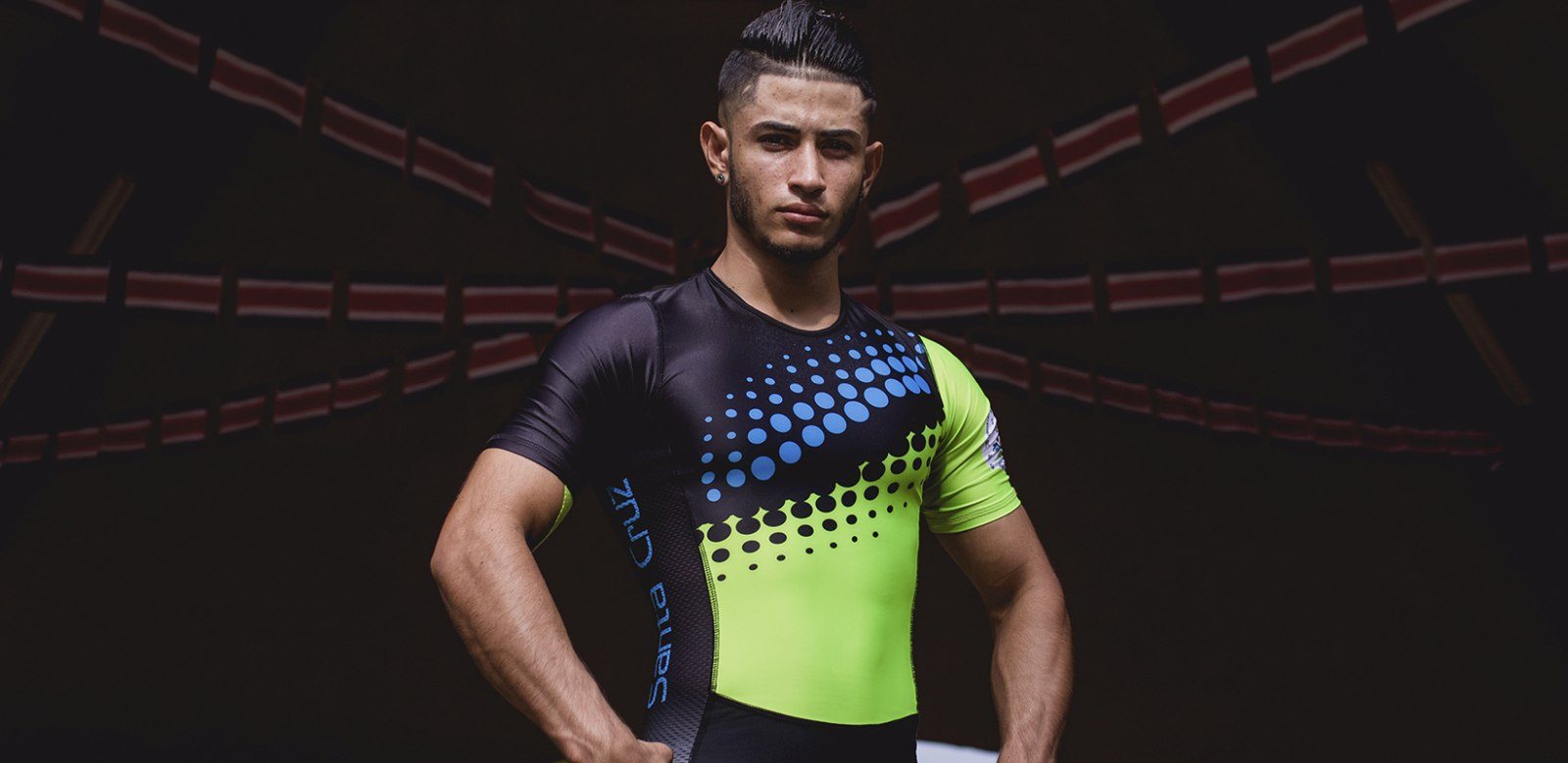
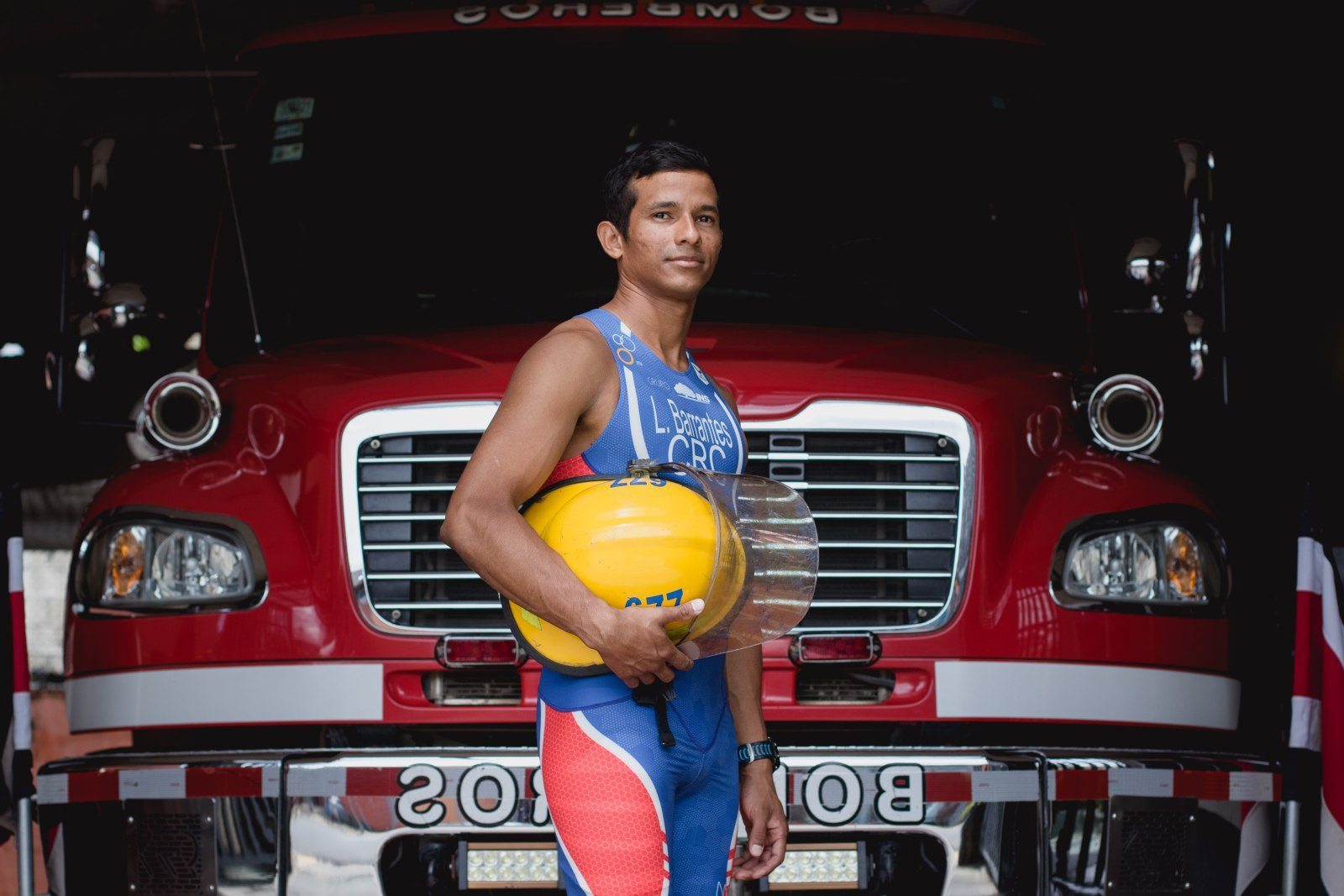
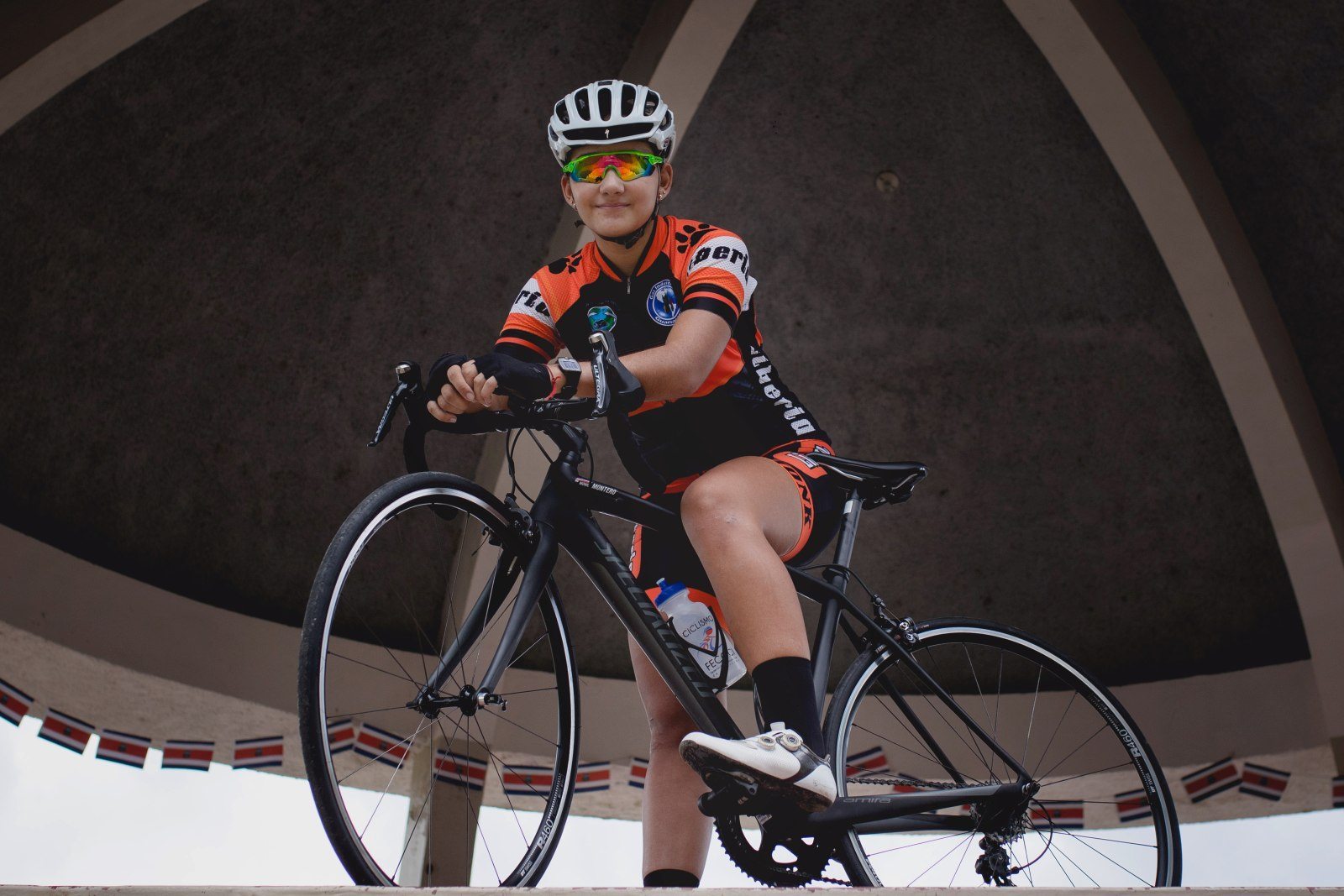
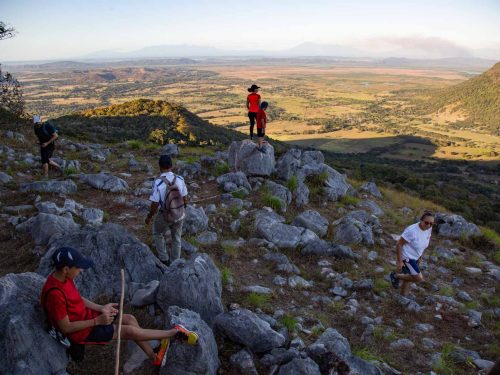

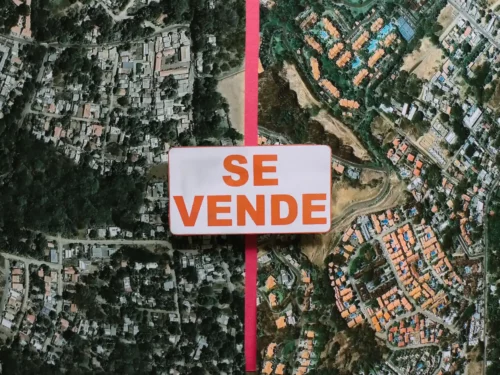

Comments